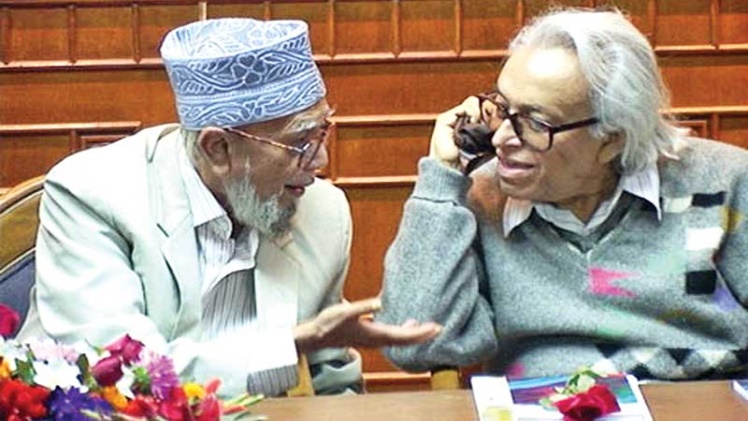Shamsur Rahman was a Bangladeshi poet, playwright and journalist, who wrote extensively on the topics of Partition and its aftermath studentsgroom. His poetry often reflected the personal experiences of Partition and its effects on both sides of the border. Through his work, Rahman sought to express the pain and suffering of those who experienced the Partition of India and Pakistan in
1. In his poem, “The Fire,” Rahman reflects on the violence and displacement of people caused by Partition tamil dhool. He talks of fire being everywhere, burning villages and homes, and of people being left without hope. He speaks of the pain of having to leave one’s home and of the uncertainty of the future. He also speaks of the despair of seeing loved ones killed and of the anguish of being a refugee. In this poem, Rahman captures the horror of Partition and its devastating effects on people’s lives. In another poem, “The Drowned,” Rahman paints a vivid picture of the violence and confusion caused by Partition forbesexpress. He speaks of people being unable to bear the pain of separation and of loved ones being drowned by the sea. He speaks of the tragedy of having to leave one’s homeland and of the sorrow of being without a home. Rahman captures the despair of those who suffered through Partition, and the sense of loss and hopelessness that many felt. Shamsur Rahman’s poetry reflects his experiences of Partition in a powerful and moving way. Through his words cgnewz, he conveys the pain and suffering of those who experienced the Partition of India and Pakistan in
2. His work serves to remind us of the tragedy of Partition and of the lasting scars it left on so many lives.Shamsur Rahman was a prominent Bangladeshi poet and lyricist, who wrote extensively about the socio-political issues of his country. His work is renowned for its poignant and powerful political commentary. Rahman’s poetry is often seen as a reflection of his personal experiences and political views, and is an important document of Bangladesh’s turbulent history carzclan. Throughout his career, Rahman wrote extensively about the political and cultural issues facing Bangladesh, and his works are often seen as a critique of the oppressive rule of successive military regimes. He wrote about the discrimination and injustice faced by the Bangladeshi people, as well as the corruption and nepotism of the ruling elites. His work is often seen as a call to arms against tyranny and a plea for justice, equality and freedom. Rahman’s poetry was also closely connected to Bangladesh’s struggle for independence from Pakistan in
1. The country’s fight for freedom was a major theme in his work, and he wrote movingly about the brutality and suffering of his people during that time. He wrote about the courage and determination of the Bangladeshi people, as well as their struggle for independence and respect from Pakistan. In addition to his political poetry, Rahman also wrote about the beauty of his country, its culture and its people, as well as its spiritual and religious traditions. His poetry captures the essence of Bangladesh and its people, and is often seen as a celebration of the country’s rich heritage. Overall, Rahman’s poetry is a powerful testament to the struggles and triumphs of the Bangladeshi people. It is a document of their fight for freedom and justice, and a testament to the courage and resilience of the Bangladeshi people in the face of adversity. Rahman’s work stands as a powerful reminder of the importance of political engagement, and of the power of the written word to bring about change.

